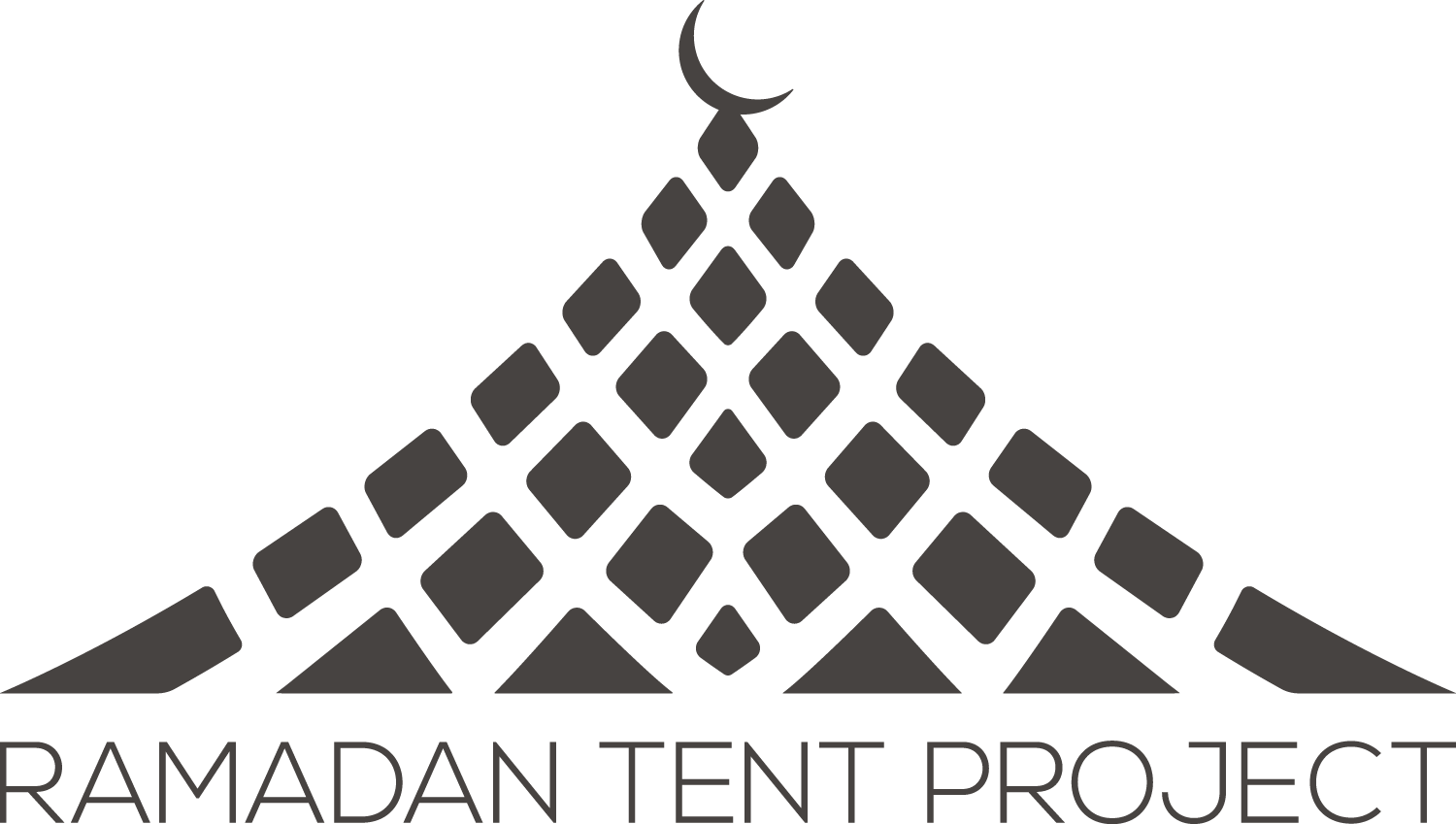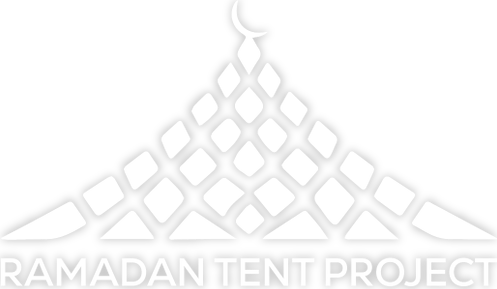Julia Malleck
I grew up in a household of mixed identities and cultures. My mother was born and raised in Taiwan, her mother and father leaving China shortly before the Communist Revolution. My father grew up in New York in a Jewish household, his parents being the children of Ashkenazi immigrants. Because of my mixed upbringing, my identity has been defined by a constant negotiation between cultures, and also a curiosity as to how people practice faith and seek spirituality.
Going to Ramadan Tent has been an important experience for me on many levels—as a girl who grew up in a mixed household, a Jewish household, who grew up in post-9/11 New York City, and more broadly as an American citizen raised in a period of intense Islamophobia.
Interfaith dialogue is desperately needed and in short supply. Of course, dialogue can be facilitated in formal settings: around a conference table, on a stage, or from behind a podium. Ramadan Tent provides something unique—a forum where all these trappings are stripped away. Each night in Malet Street Gardens feels like the first day of summer camp. The energy is palpable. People are gathered shoulder-to-shoulder under the canopy, cast in the same purplish light, sitting criss-cross on the ground and picking bits of grass off their shins.
I was reminded that interfaith dialogue is rooted in interpersonal connections—with friendship. Lasting and meaningful exchange doesn’t begin on a dais or with a speech. It begins with a hello, giving your name, offering a piece of bread. It stays with you because of the words you shared. The spirit of Ramadan Tent lies in its ability to knit together interfaith and interpersonal connections. If there’s anything my Jewish-Chinese upbringing has taught me, it is that sharing food is a simple act with powerful implications.
Each night I went to Ramadan Tent I met people from different backgrounds—a Somalian asylum-seeker, a student from the UK with Syrian heritage, a Palestinian woman from Jerusalem—and no matter how brief the conversation was, I left feeling that it had been a meaningful encounter. For me the experience was one of unlearning one-sided narratives and relearning nuanced ones. I think the U.S. would greatly benefit from having a project like Ramadan Tent in one of its cities. We have a lot of unlearning to do.

